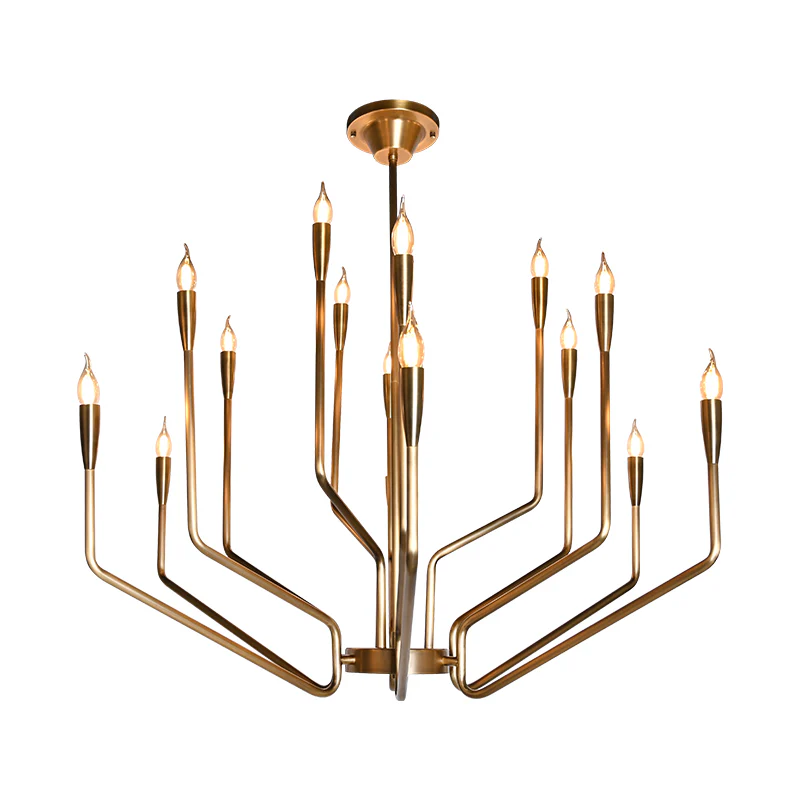Illuminate with Tradition: Japanese Lampshade Materials and Their Modern Applications
Illuminate with Tradition: Japanese Lampshade Materials and Their Modern Applications
Japanese culture is known for its rich traditions and artistry, and this extends into the world of lampshades. The use of traditional materials to create stunning lampshades is a blend of functionality and Aesthetics that has gained popularity in contemporary interior design. This article will explore various Japanese lampshade materials, their historical significance, and modern applications that illuminate our homes and workplaces while staying rooted in tradition.
The Art of Japanese lampshades
Japanese lampshades are more than just light sources; they are pieces of art that reflect the cultural heritage of Japan. The craftsmanship involved in creating these lampshades has been passed down through generations, making them a symbol of both beauty and functionality. The combination of traditional materials with contemporary designs has opened new avenues for their application in modern spaces.
Traditional Japanese lampshade Materials
Several traditional materials are commonly used in the production of Japanese lampshades. Each material not only serves an aesthetic purpose but also tells a story about Japanese craftsmanship. Below are some of the most popular materials:
| Material | Description | Modern Applications |
| Washi | A traditional Japanese paper made from the fibers of the mulberry plant, known for its strength and translucence. | Used in both residential and commercial lighting fixtures, adding a soft, diffused light. |
| Bamboo | A sustainable and flexible material that is light and resilient, often used in various artistic forms. | Ideal for modern decor, creating eco-friendly lampshades that are both stylish and functional. |
| Wood | Japanese craftsmen use various types of wood, such as cedar and pine, to create intricate designs. | Wooden Lampshades add warmth to any space, making them suitable for homes and restaurants. |
| Silk | A luxurious material that provides elegance to lampshade designs, often seen in traditional settings. | Modern Silk Lampshades are perfect for upscale modern homes and galleries. |
Modern Applications of Traditional Materials
The integration of traditional materials into modern design showcases the versatility of Japanese lampshades. Here are some unique ways these materials are applied in today's world:
1. Residential Decor
Modern homes often incorporate Japanese lampshades made from washi and bamboo into their decor. These materials provide a serene and calming atmosphere, ideal for creating cozy retreats.  can be used in living rooms, bedrooms, or even bathrooms to enhance the ambiance.
can be used in living rooms, bedrooms, or even bathrooms to enhance the ambiance.
2. Commercial Spaces
Businesses and restaurants are increasingly using Japanese lampshades to create an inviting atmosphere. Bamboo Lampshades, for example, are perfect for sushi bars or Asian cuisine restaurants, providing a cultural touch.
3. Art Installations
Artists and designers are experimenting with traditional materials in new ways. Installations that utilize washi paper or silk can captivate audiences at art exhibitions. Such installations not only showcase the beauty of the materials but also convey stories of heritage and innovation.
Benefits of Using Traditional Japanese lampshades
Integrating traditional Japanese lampshades into modern design offers numerous benefits:
- Sustainability: Most traditional materials, like bamboo and washi, are eco-friendly and sustainable, making them a great choice for environmentally conscious consumers.
- Aesthetic Appeal: The unique textures and designs of these materials elevate the overall look and feel of any space, creating a harmonious balance between tradition and modernity.
- Versatility: Whether used in a cozy home or an upscale restaurant, Japanese lampshades can adapt to various design styles, from minimalist to ornate.
Conclusion
Japanese lampshades exemplify the perfect harmony between tradition and modernity. By using materials that have been cherished throughout history, contemporary designers are able to provide consumers with beautiful and functional lighting solutions. If you are considering incorporating these unique lampshades into your space, remember to choose materials that resonate with your personal style and complement your decor.
Final Thoughts and Recommendations
When investing in Japanese lampshades, consider the space and ambiance you want to create. Whether for residential or commercial use, it is essential to select the right material that will not only provide light but will also serve as a stunning centerpiece. As the appeal of traditional Japanese artistry continues to grow, embracing these unique styles in modern design can certainly illuminate your space with tradition and elegance.
Explore various traditional materials, indulge in their stories, and let them inspire your design choices. The right Japanese lampshade can transform any room while paying homage to a beautiful legacy of craftsmanship.
